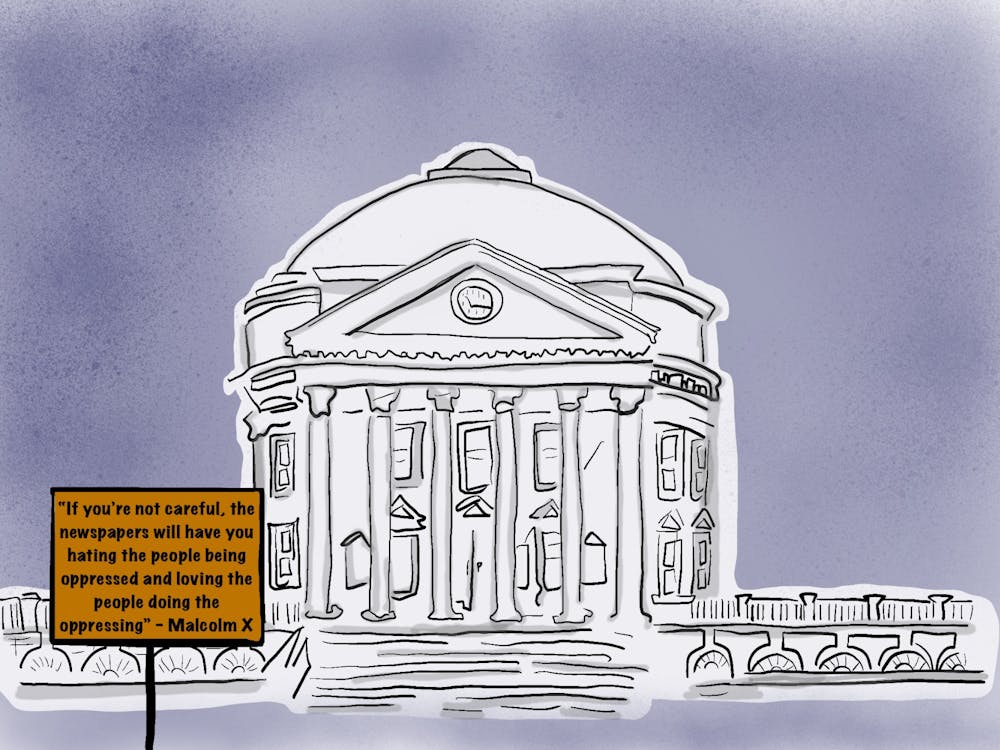For top British and American universities, creating a global network has in recent years become a priority. The University of Virginia, for example, recently launched its Jefferson Global Seminars program, which brought together University students and students from the Hong Kong University of Science and Technology for an intensive set of five-week courses in Hong Kong this past summer.
Other schools have approached global initiatives with imperialist zeal, launching foreign outposts in such countries as the United Arab Emirates, Qatar and Malaysia. There are now at least 171 international branch campuses worldwide, according to SUNY-Albany’s Cross-Border Education Research Team. The countries that host the highest number of satellite campuses are the U.A.E., Singapore, China and Qatar. Most of the universities setting up foreign outposts are based in the U.S., the U.K. and Australia.
One of the most notable foreign satellite campuses is the outpost that New York University opened in Abu Dhabi in 2010. NYU Abu Dhabi is the first liberal arts and sciences campus operated abroad by a top American research institution.
Establishing international branch campuses can be a tricky endeavor. Some countries, such as the U.A.E., have less-than-stellar records on human rights and academic freedom. Establishing an American-style university in such nations raises potential points of concern for each side of the exchange: the Western university and the host country. On the one hand, some Western scholars fear losing academic freedom when signing onto an institution based in a country with different laws governing speech and different attitudes toward scholarly inquiry. In February, for instance, U.A.E. authorities detained a political scientist from the London School of Economics because he had criticized the Bahrain government in his scholarly writing. On the other hand, operating a university based completely on American education models, at which courses are taught in English, can feel like an imposition: an attempt at intellectual imperialism that neglects local circumstances.
For universities that are thinking through their global initiatives, a joint effort between Yale and the National University of Singapore (NUS) provides a useful case study.
Yale-NUS, which welcomed its first class in August, enjoys the distinction of being the first liberal arts college in Singapore. Rather than transplanting Yale in Singapore, Yale-NUS blends elements from both of its parent institutions. Its curriculum draws on liberal-arts pedagogy and engages with both Western and Asian culture and thought. The school is also an example of hybridity in terms of governance: Yale appointed half of its board of trustees; NUS appointed the other half.
Yale-NUS is also distinctive for its core curriculum. According to its current academic plan, 12 of the 32 courses each student completes in four years will be part of a common curriculum. Yale-NUS’ common curriculum is in some ways uncommon. It is ambitious in its international focus. Whereas many famous “Great Books” cores in the U.S., such as that of Columbia or St. John’s College, focus on Western writers, the Yale-NUS core assigns a roughly even division of Western and non-Western texts. It aims to endow its undergraduates with a cosmopolitan sensibility.
The model of equal partnership that Yale-NUS presents — in terms of governance, mission and academic orientation — is a promising example for universities that are hesitant about “traditional” international branch campuses. Rather than attempting to produce copies of themselves, universities should consider ways they can take advantage of their host countries to create something new.




